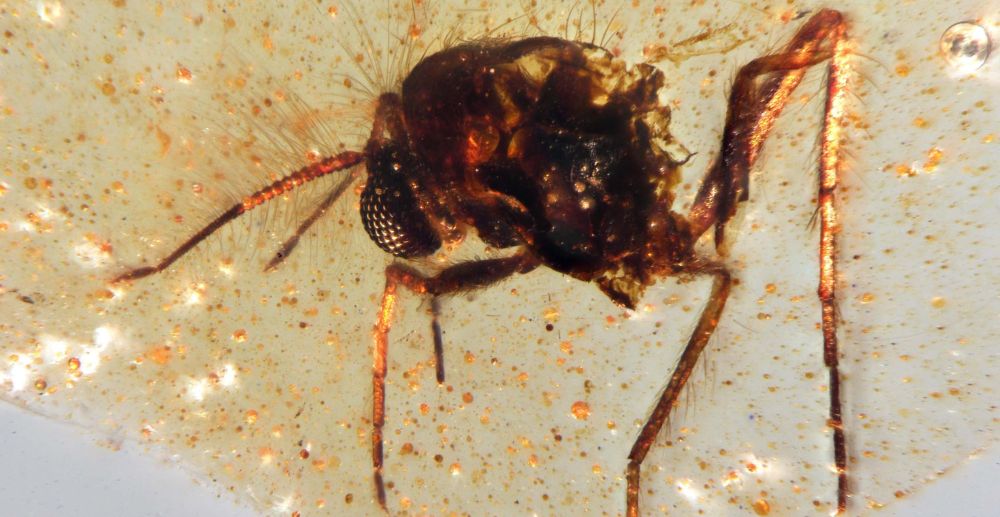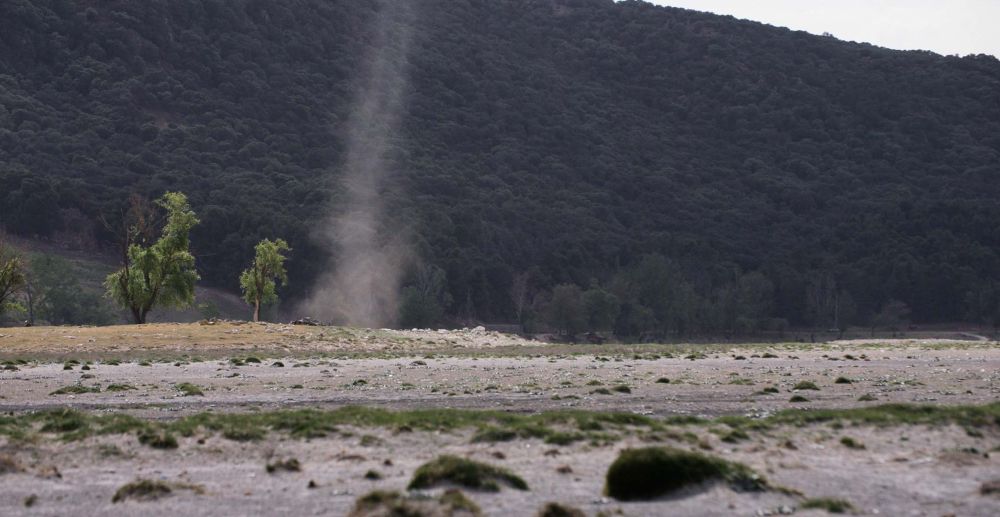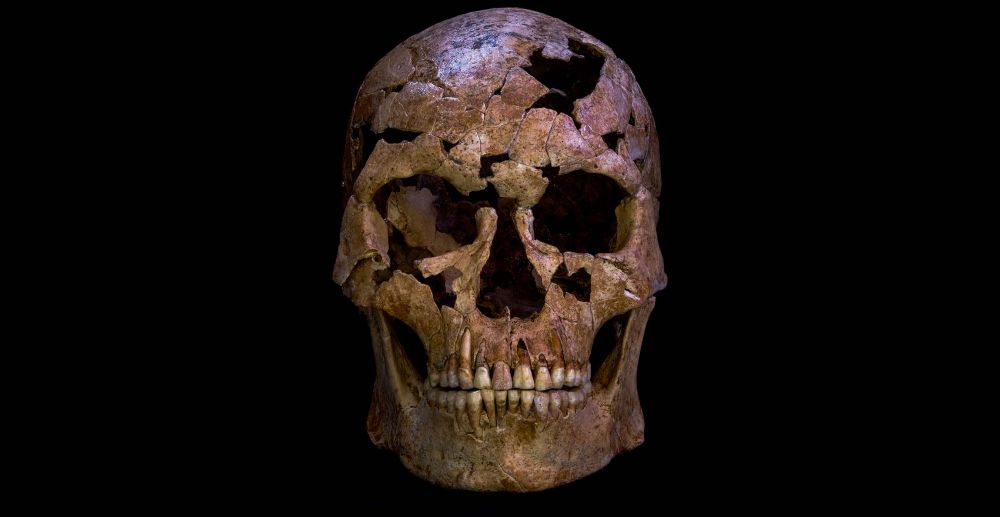www.nhm.ac.uk/discover/new...

www.nhm.ac.uk/discover/new...
www.nhm.ac.uk/discover/new...

www.nhm.ac.uk/discover/new...

www.nhm.ac.uk/discover/new...

www.nhm.ac.uk/discover/new...
www.nhm.ac.uk/discover/new...

www.nhm.ac.uk/discover/new...
www.nhm.ac.uk/discover/new...

www.nhm.ac.uk/discover/new...
www.nhm.ac.uk/discover/new...

www.nhm.ac.uk/discover/new...
www.nhm.ac.uk/discover/wha...

www.nhm.ac.uk/discover/wha...
www.nhm.ac.uk/discover/new...

www.nhm.ac.uk/discover/new...
www.nhm.ac.uk/discover/new...

www.nhm.ac.uk/discover/new...
Paradoxophidion richardoweni is a 37-million-year-old snake found near Christchurch - and it might reveal more about how the majority of living snakes evolved.
Discover what it reveals 👇
www.nhm.ac.uk/discover/new...

Paradoxophidion richardoweni is a 37-million-year-old snake found near Christchurch - and it might reveal more about how the majority of living snakes evolved.
Discover what it reveals 👇
www.nhm.ac.uk/discover/new...
First up, it was a pleasure to sit down with Hamza Yassin for a chat ahead of his recent TV series:
www.nhm.ac.uk/discover/ham...

First up, it was a pleasure to sit down with Hamza Yassin for a chat ahead of his recent TV series:
www.nhm.ac.uk/discover/ham...
www.nhm.ac.uk/discover/new...

www.nhm.ac.uk/discover/new...
www.nhm.ac.uk/discover/new...

www.nhm.ac.uk/discover/new...
First up, Mesozoic South American insects stuck in amber have been found for the first time ever!
www.nhm.ac.uk/discover/new...

First up, Mesozoic South American insects stuck in amber have been found for the first time ever!
www.nhm.ac.uk/discover/new...
www.nhm.ac.uk/discover/new...

www.nhm.ac.uk/discover/new...
A new review suggests that their structure, which results in their sometimes colourful patterns, could be useful for all kinds of things:
www.nhm.ac.uk/discover/new...

A new review suggests that their structure, which results in their sometimes colourful patterns, could be useful for all kinds of things:
www.nhm.ac.uk/discover/new...
www.nhm.ac.uk/discover/new...

www.nhm.ac.uk/discover/new...
www.nhm.ac.uk/discover/new...

www.nhm.ac.uk/discover/new...
New research delved into what rodents are using theirs for 👇
www.nhm.ac.uk/discover/new...

New research delved into what rodents are using theirs for 👇
www.nhm.ac.uk/discover/new...
It's a sight that could become more common around the world as a result of climate change, but there are ways to turn things around 👇
www.nhm.ac.uk/discover/mor...

It's a sight that could become more common around the world as a result of climate change, but there are ways to turn things around 👇
www.nhm.ac.uk/discover/mor...
It's a tricky issue, and every scientist has a different answer. I spoke to some of them about their views, which you can delve into here 👇
www.nhm.ac.uk/discover/din...

It's a tricky issue, and every scientist has a different answer. I spoke to some of them about their views, which you can delve into here 👇
www.nhm.ac.uk/discover/din...
My new article focuses on how @tweetisaurus.bsky.social tracked its bones down from a fossil dealer in Cambridge to Morocco's Middle Atlas mountains... 🧵(1/4)

My new article focuses on how @tweetisaurus.bsky.social tracked its bones down from a fossil dealer in Cambridge to Morocco's Middle Atlas mountains... 🧵(1/4)
www.nhm.ac.uk/discover/new...

www.nhm.ac.uk/discover/new...
Meet Spicomellus - one of the world's strangest dinosaurs! After being named in 2021, many questions remained about what this ankylosaur looked like.
So, in 2023, I was part of an NHM content contingent who followed @tweetisaurus.bsky.social up into the Atlas Mountains...

Meet Spicomellus - one of the world's strangest dinosaurs! After being named in 2021, many questions remained about what this ankylosaur looked like.
So, in 2023, I was part of an NHM content contingent who followed @tweetisaurus.bsky.social up into the Atlas Mountains...

